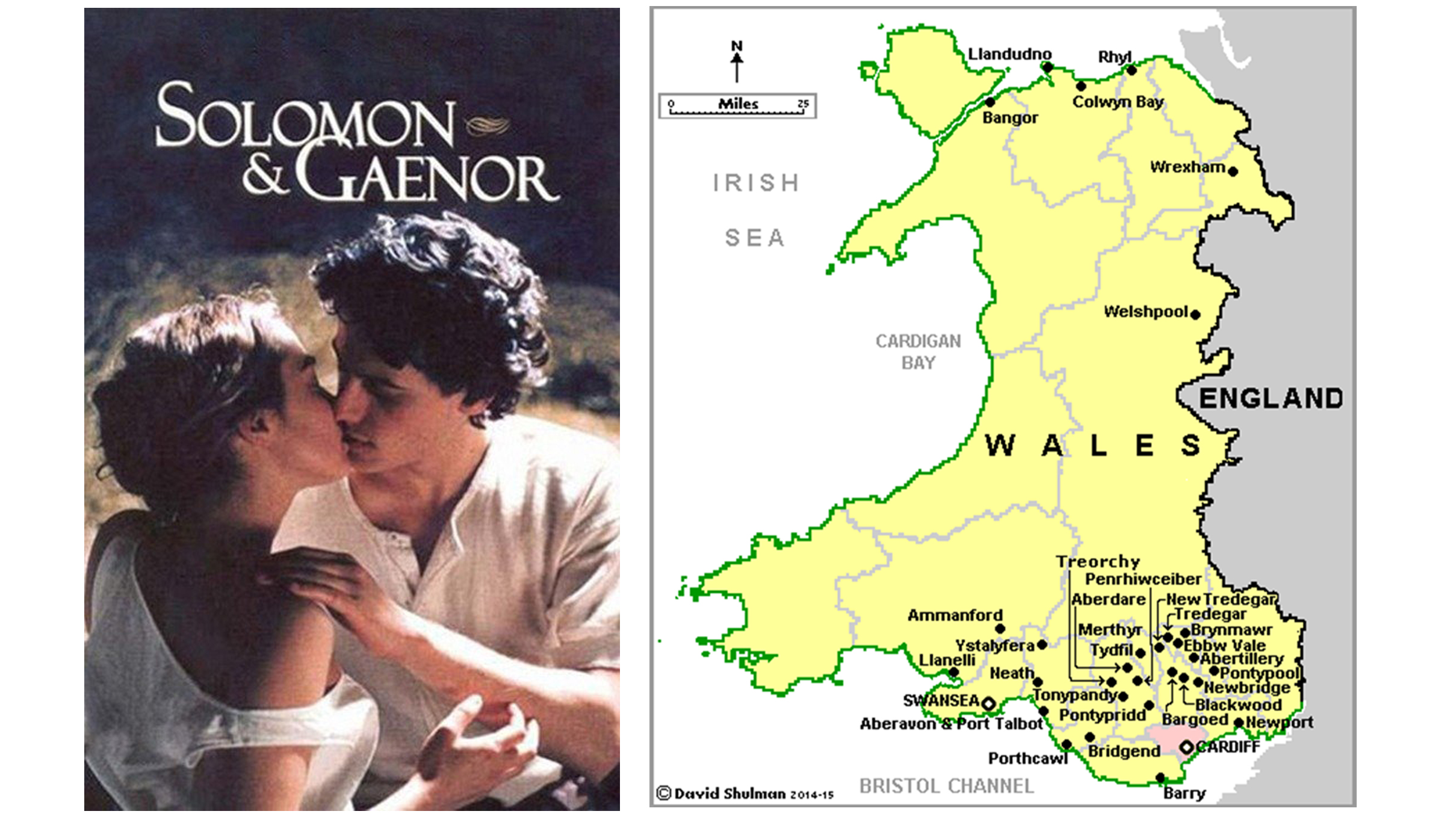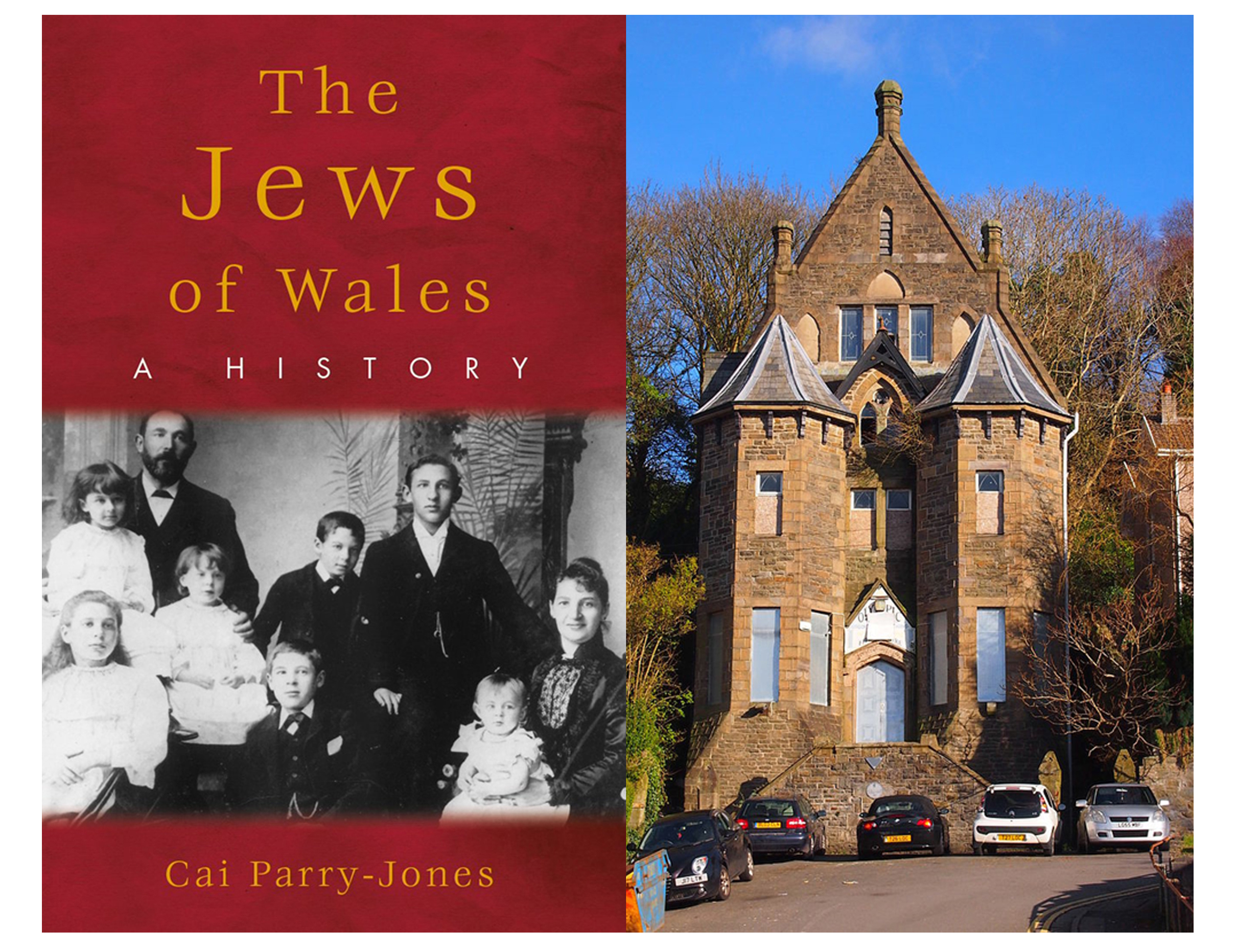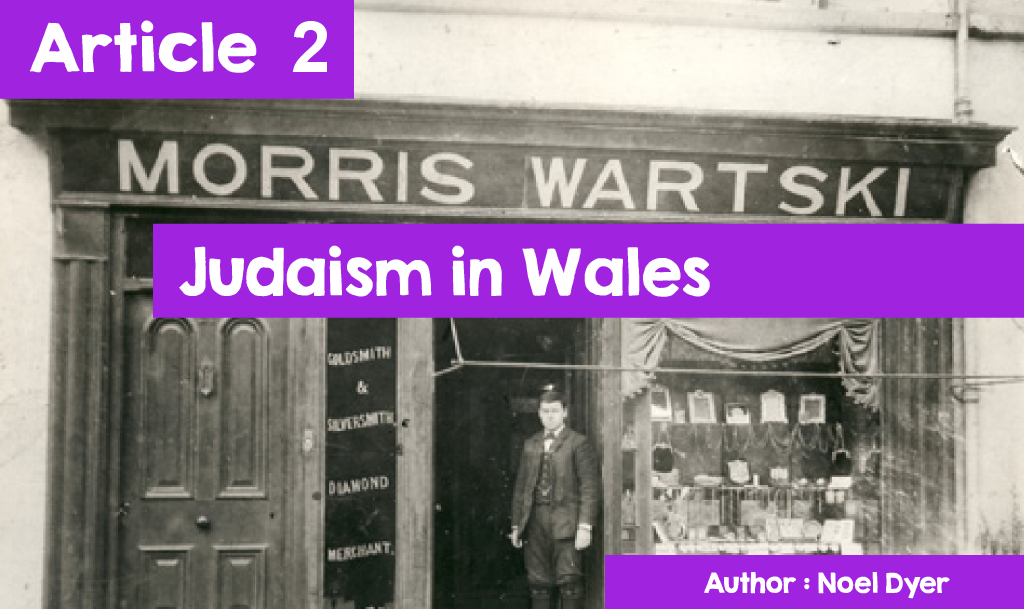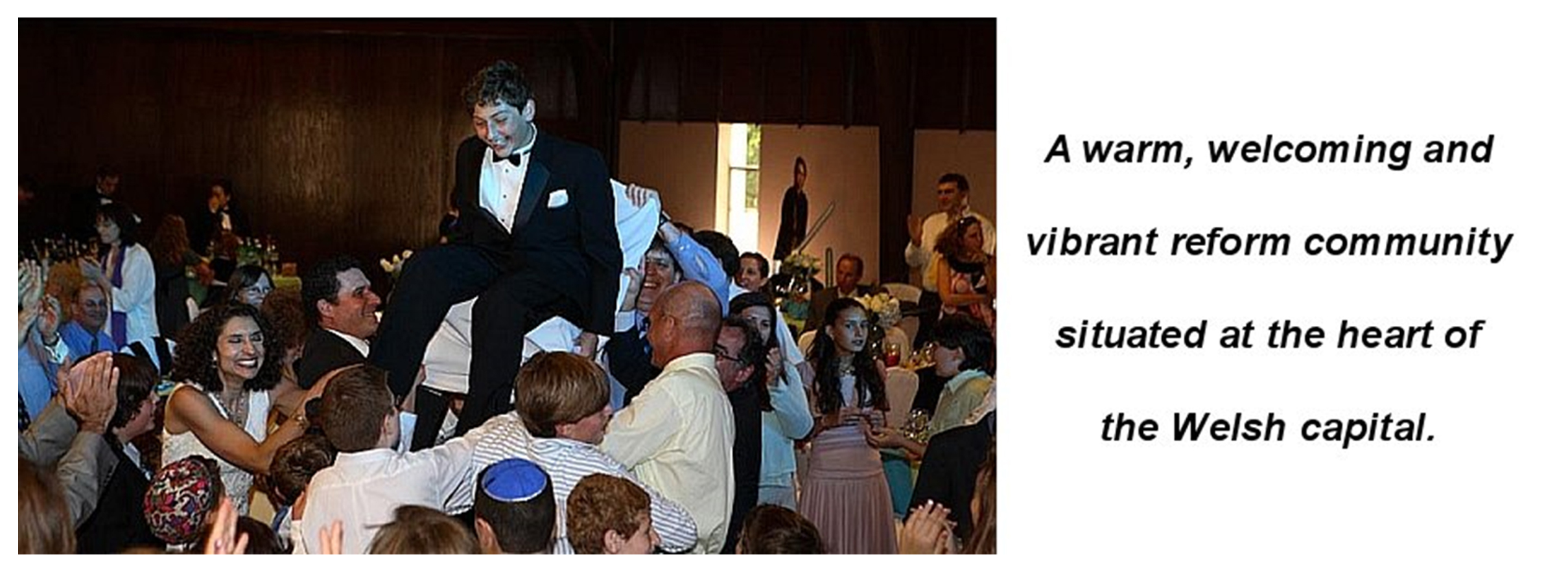The Welsh Multi-Belief Society : Judaism in Wales
The history of the Jews in Wales goes back to the Middle Ages, but information about them here is very limited. The persecution and abuse of Jews isn’t a recent thing and, in 1290. Edward I banned Jews from England. This was the conquest of Wales by England and so the same ban on Jews happened here as well.
Judaism may be the oldest religion in Wales other than Christianity. There was a presence in Swansea around 1730, but there was very little Jewish presence in Wales until the nineteenth century. This was a period of remarkable economic growth in Wales with the development of the coal, iron and, steel industries. This led to significant immigration into Wales including Jews who established Jewish communities across South Wales, in Cardiff, Merthyr Tydfil, Tredegar and Pontypridd. By the end of the century, about five and a half thousand Jews were in Wales and several synagogues had opened.
These newcomers were generally well received although there were a number of striking exceptions. In 1911, anti-Jewish sentiments led to riots against successful Jewish businesses by ordinary workers in the Tredegar area. The film Solomon a Gaenor (1999), starring actor Ioan Gruffudd, records the feelings of the time. With the exception of some unfortunate events, the Jewish community continued to grow and prosper with numbers increasing as many fled here from Nazi persecution in continental Europe.
Jewish communities.

©Sony Pictures | ©David Shulman
This map shows all Jewish communities that are or have been in Wales. It is very clear that the majority are in South Wales. So, what about north Wales? There have been Jewish places of worship in Bangor, Llandudno, Colwyn Bay, Rhyl, and Wrexham, but they were very small communities. The Pollecoffs Jewish family was, at one time, a household name in North Wales, with clothing stores in Pwllheli, Bangor, Holyhead, Bethesda, and Blaenau Ffestiniog. Another prominent family was the Wartski family. These became prominent members of their communities.
Thousands of Jews had fled abuse in Russia and Poland in search of new business opportunities in North Wales. The Bangor synagogue closed in the 1980's but the main items are in a local museum. The only remaining Jewish centre in North Wales is the one in Llandudno, which acts as a hostel with occasional services. The Pollecoffs store in Pwllheli still continues, but the Jewish connection has been lost, even though the name lives on.

©Pollecoffs Pwllheli | ©Griffindor - Wikimedia commons
This year Bangor University has sought to remedy the situation by holding an exhibition and designing an app on the city's Jews. According to Professor Nathan Abrams "The City of Bangor and the area has a rich Jewish history. Unfortunately, as the community diminishes and disappears .... not much is known about this history."
The number of Jews in Wales has now fallen dramatically with the number estimated at under two thousand. Many synagogues have been closed as Jewish communities have declined. Many became old and when they died, no-one was there to replace them. The population is more mobile and young Jews moved away to colleges to look for work; moving to areas of cities such as London and Manchester, where there are stronger Jewish communities.
As suggested above, there has been an increase in interest in recording the history of the Jews in Wales in order to keep the heritage alive. The synagogue in Cathedral Road in Cardiff is still clearly visible - but it is now offices. The synagogue in Merthyr Tydfil is probably the oldest standing in Wales but is now vacant. Recently, a group of people got together to try to save the building and record the history of the Jewish community. The community has been alive for 250 years. There were as many as 400 Jews in Merthyr in 1919 but the last died in 1999 at the age of 82. It is hoped to keep the community's history alive.

©Cai Parry-Jones
One hope is to receive enough money to develop Merthyr Tydfil's unique synagogue as a museum. According to Dr Cai Parry-Jones who has written a book on the subject, interest in Jewish history has increased; "Since devolution, more is being done as Wales begins to understand and see itself as a multi-faith and multi-cultural country." 'The future of the building is currently uncertain. There was even a suggestion that the building might be worth moving to St Fagans National History Museum near Cardiff. There are Christian places of worship but no example of another religion.
It must be remembered that some living Jewish communities still exist in Wales today, and three synagogues are still open. The Cardiff United Synagogue is a modern, vibrant centre for the capital's Jews. It is in the popular area of Cyncoed and holds eleven services each week as well as classes, study groups and the kind of activities that make it a community boost. It belongs to the Orthodox faction of Judaism.
According to Mr Soffa on behalf of the synagogue, "We have a vibrant community here that will continue for years to come." Mr Michael Rose, the Rabbi, recognises that the situation is difficult, “Young religious people tend to move to areas where Jewish community and resources are available ...... Those who want Jewish education, society and eating places have moved away.” He believes that the Jewish community in Cardiff is one large family with a united and active people. The disadvantage is that there is no shop or butcher providing kosher food.

©Cardiff United Synagogue



